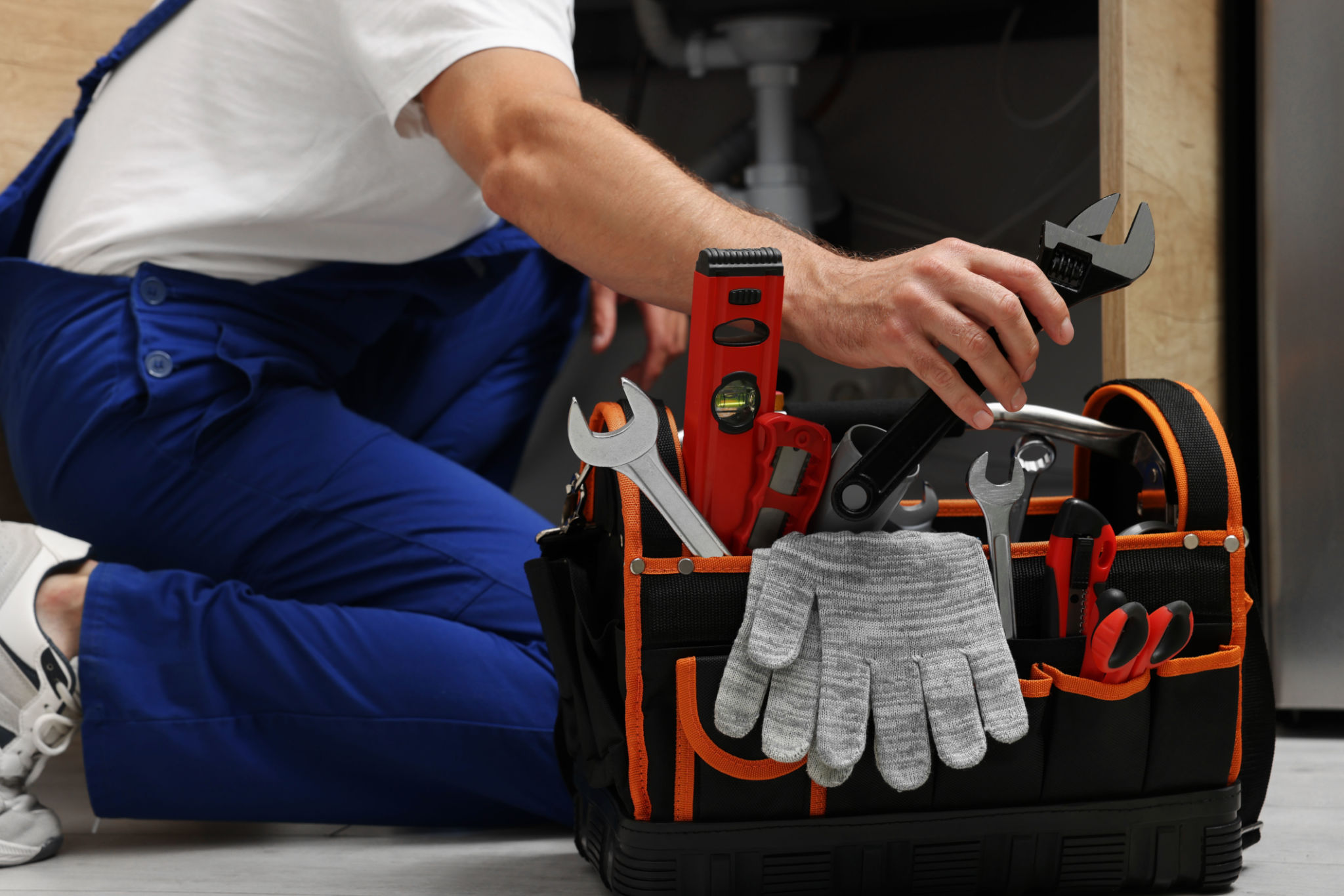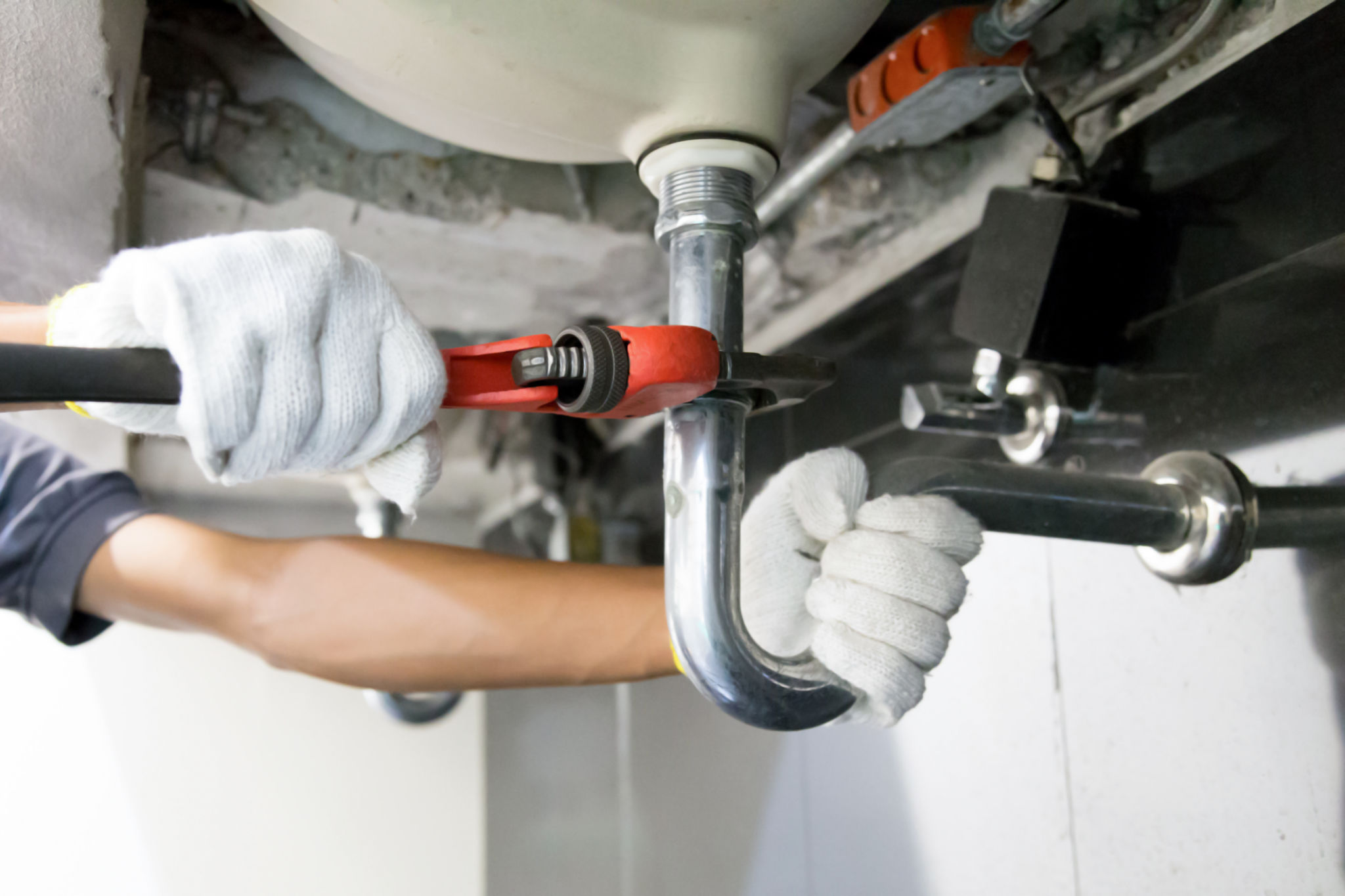Common Plumbing Myths Debunked: Expert Insights
Understanding Plumbing Myths
Plumbing is an essential part of any home, yet it's often misunderstood due to various myths and misconceptions. These myths can lead to costly mistakes and unnecessary repairs. In this post, we'll debunk some of the most common plumbing myths with insights from experts.

Myth: Flushable Wipes are Safe for Toilets
Despite being labeled as "flushable," many wipes do not break down like toilet paper does. This can lead to significant blockages in your plumbing system. Experts recommend disposing of wipes in the trash rather than the toilet to prevent clogs and potential damage.
It's important to remember that even if a product is marketed as safe for flushing, it doesn't necessarily mean it's safe for your plumbing system. Always err on the side of caution to avoid costly repairs.
Myth: A Leaky Faucet is No Big Deal
Many homeowners believe that a leaky faucet is a minor issue that can be ignored. However, a dripping faucet can waste up to 3,000 gallons of water a year, drastically increasing your water bill. Repairing leaks promptly not only conserves water but also saves you money in the long run.

Additionally, fixing a leaky faucet is typically a straightforward task that can be handled with basic tools and a little know-how. Ignoring it can lead to more severe plumbing issues over time.
Myth: All Plumbers Charge the Same
There's a common belief that plumbing services have a standard rate, but this is far from the truth. Plumbing costs can vary greatly depending on factors like the complexity of the job, the plumber's experience, and geographic location. It's important to shop around and get multiple quotes before choosing a plumber.
Moreover, choosing the cheapest option isn't always the best decision. Consider the plumber's reputation, reviews, and expertise to ensure you're getting quality service at a fair price.

Myth: Chemical Drain Cleaners are Safe
While chemical drain cleaners may seem like an easy fix for clogged drains, they can cause significant damage to your pipes. The harsh chemicals in these products can erode pipes over time, leading to leaks and costly repairs.
Instead, experts recommend using natural solutions like a mixture of baking soda and vinegar or calling a professional for persistent clogs. These methods are safer for both your plumbing system and the environment.
Conclusion
By debunking these common plumbing myths, we hope to provide you with the knowledge needed to maintain a healthy plumbing system. Remember, when in doubt, it's always best to consult with a professional to ensure your home's plumbing is in top condition.
